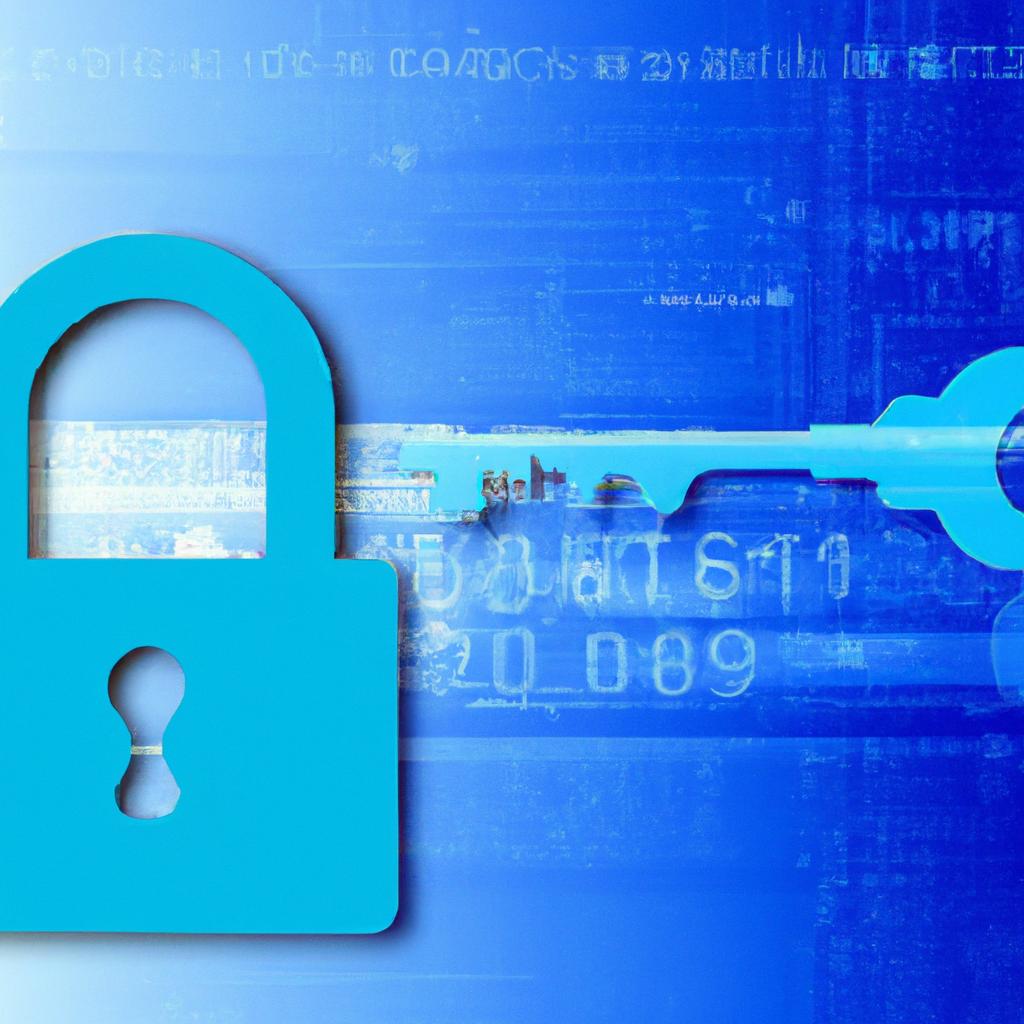
Secure Web Browsing: Tips and Tools
In today’s digital age, protecting our personal information online has become more important than ever. With cyber threats constantly evolving, ensuring secure web browsing is essential to safeguarding our privacy and security. From staying vigilant against phishing attacks to utilizing the latest encryption tools, this article will provide you with the tips and tools you need to browse the web safely and securely.
Table of Contents
- Key Factors for Secure Web Browsing
- Effective Tools for Protecting Online Privacy
- Tips for Safeguarding Personal Information Online
- Best Practices for Secure Browsing on Various Devices
- Q&A
- In Summary
Key Factors for Secure Web Browsing
When it comes to staying safe while browsing the web, there are several key factors to keep in mind. One important tip is to always make sure that your browser is up to date. Regular updates often include security patches that help protect against vulnerabilities that hackers could exploit. Another crucial factor is to use strong, unique passwords for all your online accounts. This can help prevent unauthorized access to your personal information.
Utilizing tools such as ad blockers and VPNs can also enhance your online security. Ad blockers can help prevent malicious ads from infecting your device with malware, while VPNs encrypt your internet connection, making it more difficult for cybercriminals to intercept your data. By following these tips and utilizing these tools, you can help ensure a safer browsing experience.
Effective Tools for Protecting Online Privacy
When it comes to protecting your online privacy, there are several effective tools and practices that can help keep your personal information safe while browsing the web. One important tool is a virtual private network (VPN), which encrypts your internet connection and masks your IP address, making it difficult for hackers and trackers to monitor your online activity. Utilizing a VPN service, such as NordVPN or ExpressVPN, can add an extra layer of security to your web browsing experience.
Another useful tool for safeguarding your online privacy is a password manager. Password managers like LastPass or Dashlane can generate strong, unique passwords for each of your online accounts and securely store them in an encrypted vault. By using a password manager, you can reduce the risk of falling victim to phishing attacks or having your accounts compromised due to weak passwords. Additionally, regularly updating your passwords and enabling two-factor authentication can further enhance the security of your online accounts.
Tips for Safeguarding Personal Information Online
When it comes to safeguarding personal information online, securing your web browsing is essential. Here are some tips and tools to help you stay safe:
Utilize a VPN (Virtual Private Network) to encrypt your internet connection and protect your data from prying eyes. Enable HTTPS whenever possible to ensure a secure connection when browsing websites. Be cautious of public Wi-Fi networks and avoid accessing sensitive information when connected to these networks. Install ad blockers and privacy-focused browser extensions to prevent tracking and minimize the risk of malware infections. Regularly update your browser and operating system to patch any potential security vulnerabilities.
Best Practices for Secure Browsing on Various Devices
When it comes to browsing the internet, security should always be a top priority. Whether you are using a laptop, smartphone, or tablet, there are several best practices that you can follow to ensure your online safety. One important tip is to keep your devices up to date with the latest software updates. This will help protect your device from vulnerabilities that hackers could exploit.
Another essential practice is to use strong and unique passwords for each of your online accounts. Consider using a password manager to help you keep track of all your passwords. Additionally, enable two-factor authentication whenever possible to add an extra layer of security to your accounts. By following these tips and utilizing the right tools, you can surf the web safely and securely on all your devices.
Q&A
Q: How important is secure web browsing in today’s digital age?
A: Secure web browsing is crucial in protecting our personal information and privacy online.
Q: What are some common threats to online security?
A: Common threats include phishing scams, malware attacks, and data breaches.
Q: What are some tips for staying safe while browsing the web?
A: Use strong, unique passwords for each online account, enable two-factor authentication, and avoid clicking on suspicious links or downloading unknown attachments.
Q: Are there any tools or extensions that can help enhance online security?
A: Yes, tools like virtual private networks (VPNs), ad blockers, and password managers can all help improve your online security.
Q: How can I ensure that the websites I visit are secure?
A: Look for HTTPS in the website’s URL, check for a valid SSL certificate, and be cautious of websites that ask for sensitive information.
Q: Is it important to keep my web browser and security software up to date?
A: Yes, regularly updating your browser and security software helps protect against the latest threats and vulnerabilities.
Q: What should I do if I suspect my online accounts have been compromised?
A: Immediately change your passwords, notify the website or service provider, and monitor your accounts for any suspicious activity.
In Summary
As you navigate through the vast landscape of the internet, remember that your safety and privacy are paramount. By implementing the tips and utilizing the tools mentioned in this article, you can browse the web securely and confidently. So, guard your digital fortress with vigilance, and may your online adventures be safe and enjoyable. Happy browsing!

